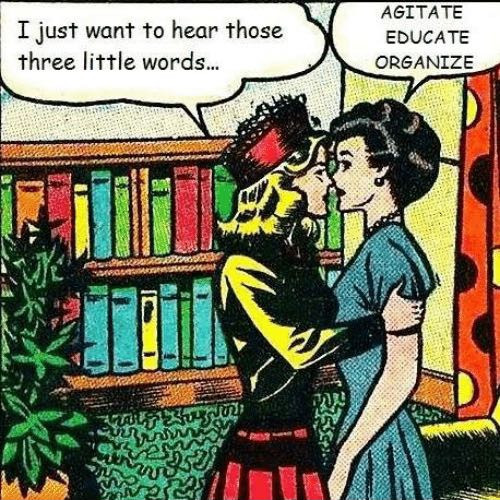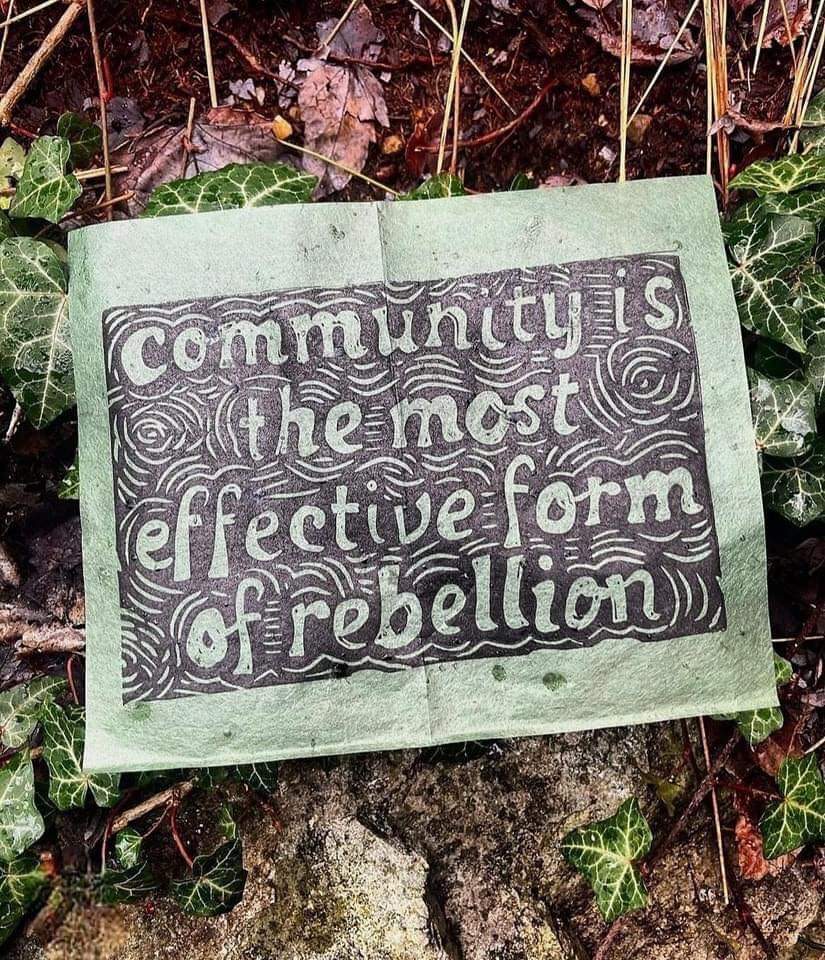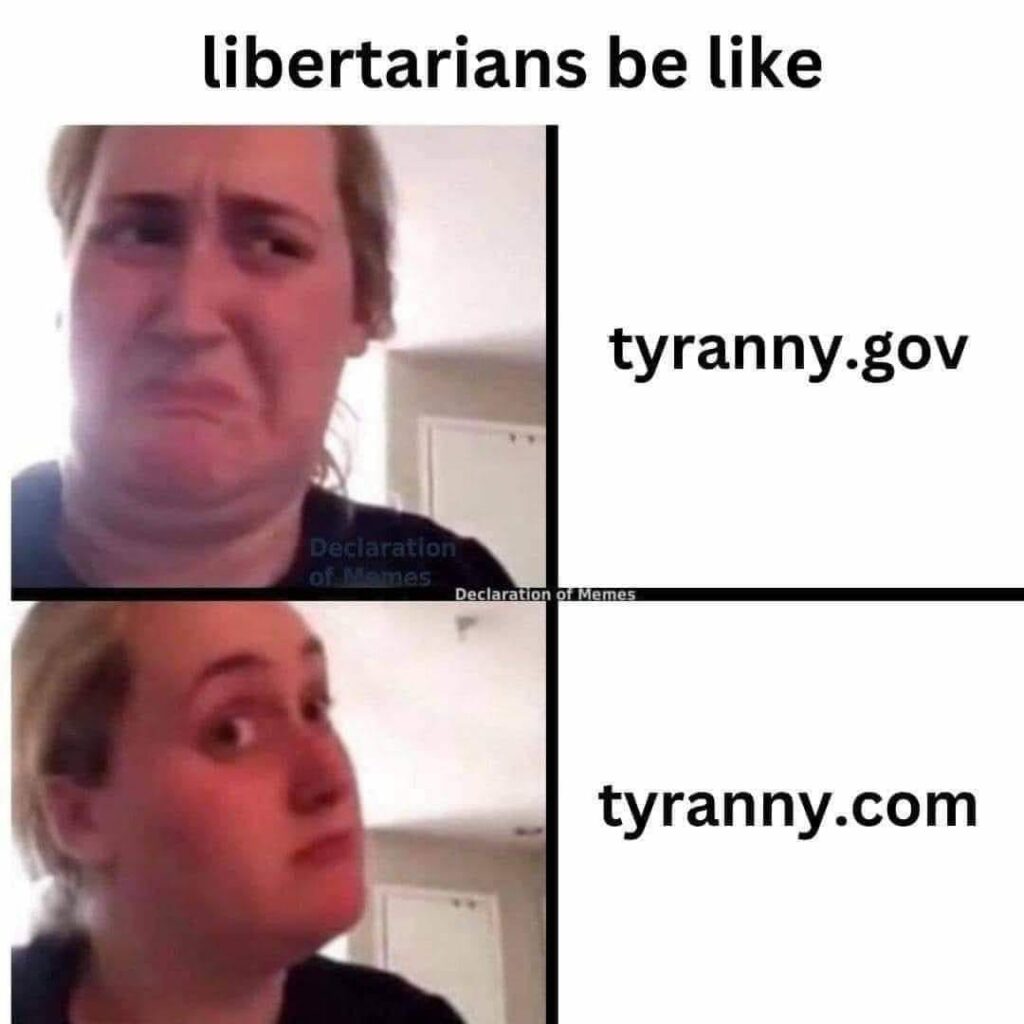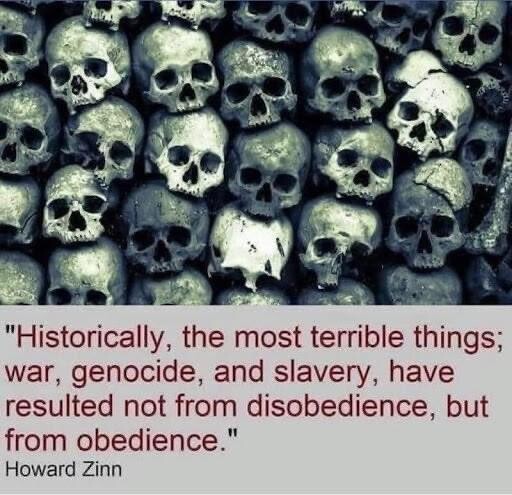The #NGO world has been both ally and obstacle for decades. Too often, NGOs smother movements with paperwork, reporting cycles, and status-quo compromises. They professionalize struggle into careers, replacing urgency with strategy documents, and radicalism with caring workshops. Survival of the institution becomes more important than the fight itself.
But if we are serious about an #openweb reboot, we cannot just reject the #NGO crew outright. They have resources, networks, legitimacy in the eyes of institutions, and people who genuinely want change. The task is to make them more functional – to mediate them into alignment with grassroots, horizontal, #4opens values.
Transparency vs. the black box. Most NGOs operate like closed castles. Decisions are opaque, wrapped in “internal processes” no one can see. This is poison for trust. The antidote: embed radical transparency. Decisions must be documented, accessible, and open to input. When governance is open, collaboration becomes possible. When it’s closed, suspicion festers and movements fracture.
Flexibility vs. Rigidity. NGOs love five-year plans, KPIs, and strategy frameworks that collapse on contact with reality. In a world spinning into #climatechaos and political instability, rigidity is suicide. The fix: embrace iterative, adaptive paths. Think agile. Test, fail, learn, pivot. If grassroots crews can adapt in the streets and on the fly, NGOs can damn well learn to adapt in their boardrooms.
Tech as Social, Not Specialist. One of the worst NGO habits is treating technology as a “separate department.” IT staff build tools no one uses while the campaigners rely on #dotcons because “that’s where people are.” This deepens dependency and undermines any autonomy. The answer: hard code social understandings into tech frameworks. Train staff in digital literacy. Break the barrier between “techies” and “non-techies.” Build tools with grassroots values at the core, not bolted on as an afterthought.
Decentralization vs. Dependence. NGOs instinctively centralize, but resilience comes from decentralization. #Fediverse and #P2P networks show the way: messy, federated, harder to control, but alive. NGOs need to step off the corporate #dotcons treadmill and start investing in distributed infrastructures that empower communities instead of platforms.
Funding without shackles. Follow the money, and you find the leash. #NGO agendas bend to donors, governments, and foundations. If your funding is tied to maintaining the status quo, radical change is impossible. Solution: diversify funding. Community crowdfunding. Partnerships with projects that share #openweb values. Build independence rather than dependency. Stop mistaking survival for success.
Beyond tokenism. Diversity statements, inclusion workshops, and endless identity branding have become the fig leaves of #NGO culture. It’s just box-ticking while real grassroots voices are sidelined. True inclusivity means messy organizing: bringing in voices you don’t control, valuing experience over credentials, connecting with movements like #XR and #OMN not to manage them but to amplify them. Tokenism builds silos; real inclusivity builds bridges.
The polemic. The NGO crew must choose: remain bureaucratic husks feeding on donor cycles, or transform into allies that enable radical grassroots change. We do not need their brands. We do not need their logos on banners. We need their structures to stop blocking and start enabling. That means adopting the #4opens, embracing federation, composting control culture, and learning from messy grassroots organizing.
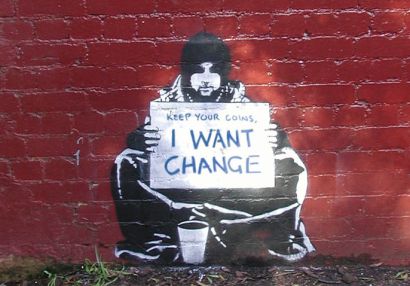
The truth is simple:
- NGOs that cling to their black boxes, their rigidity, their donor-driven agendas, will collapse into irrelevance.
- NGOs that embrace openness, decentralization, and collaboration can play a real role in rebooting the #openweb.
This isn’t about saving NGOs. It’s about saving movements from being smothered by them.

